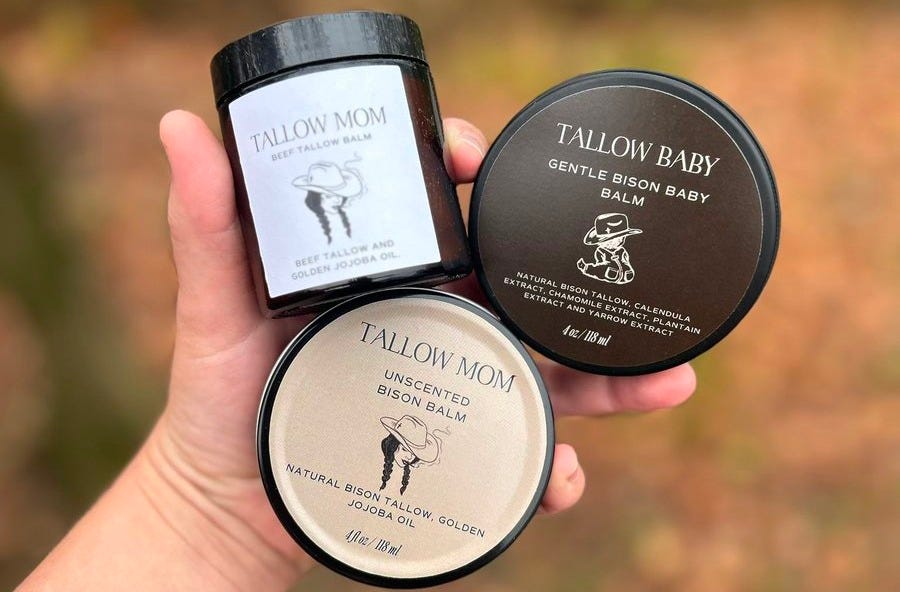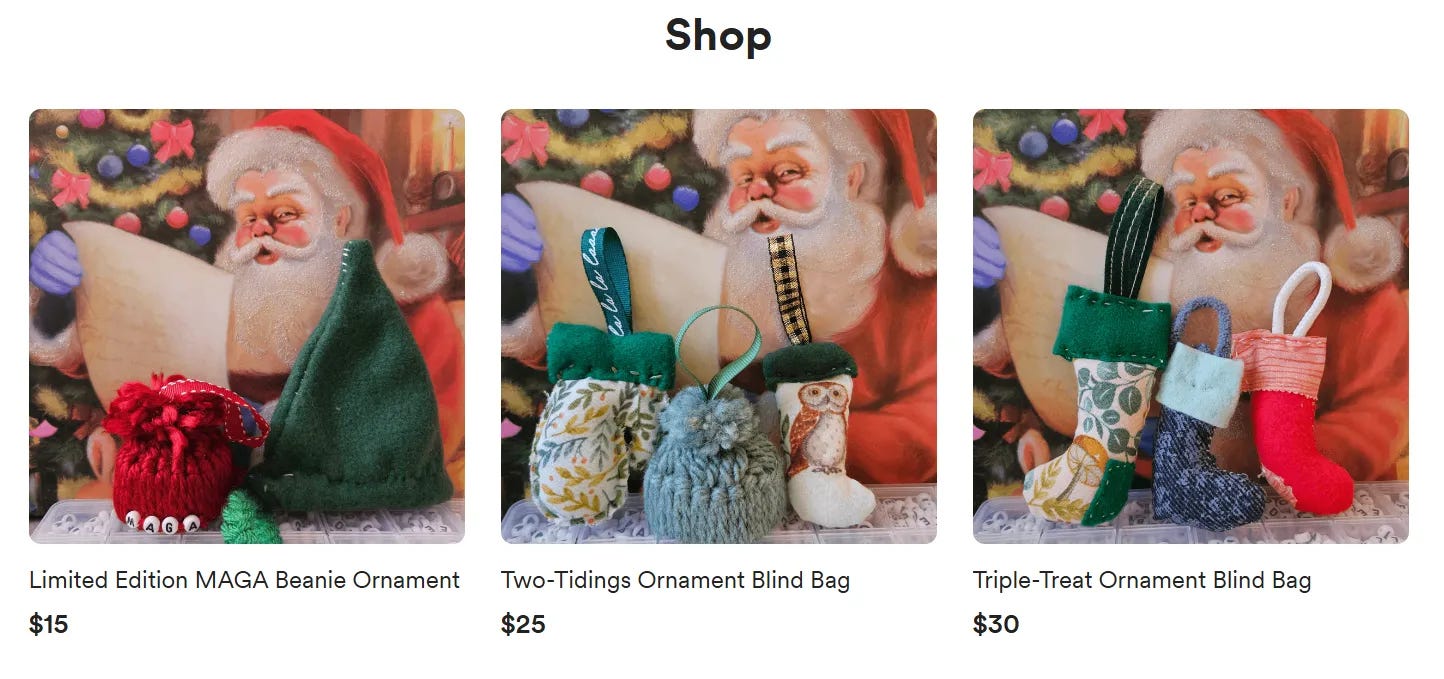The milkshake, a true whirlwind of Americana, has a rich history that dates back to the 19th century. In 1855, milkshakes were originally concocted with whiskey, creating a potent, adult-only beverage. These early versions were popular at drugstores and soda fountains, where pharmacists often added a shot of liquor to their concoctions. But the real game-changer came in 1922, when Ivar "Pop" J. Bosk, an employee at Walgreens, reinvented the milkshake by swapping whiskey for ice cream and milk, creating the creamy, non-alcoholic treat we know today. This swap was likely since this delicious beverage was invented during prohibition. This innovation helped the milkshake soar in popularity during the Great Depression and through the post-war boom. By the 1950s, milkshakes had become a quintessential part of American diner culture. Today, more than 150 million milkshakes are sold annually in the U.S., each one a sweet reminder of how a simple twist on a classic recipe can capture the spirit of a nation. Whether served with a cherry on top or blended with extravagant toppings, the milkshake remains a delicious symbol of American nostalgia. For me, they were a little celebratory treat until they became a metaphor for a larger issue.
The Search for a Proper Milkshake
I’ve been in search of a proper chocolate milkshake since I tried to grab one to celebrate graduating at the top of my class from university. I figured Chick-fil-A would do it justice since every other one I’d had from them was delicious. Unfortunately, chicken breading had fallen into it when they made it. Even more unfortunately, I didn’t know until it came up the straw surprising me. My husband went in and swapped it out for a different beverage thanks to the manager. This isn’t Chick-fil-A slander—I still cherish Jesus Chicken—just an example of rectifying an issue. Understandably, since that happened, I still had the craving for a chocolate milkshake as it had gone unmet. What began as a small craving for a celebratory milkshake soon grew into a larger reflection on how our culture's standards for quality and service have shifted—often for the worse.
Naturally, the next time we went out I wanted to get a chocolate milkshake. We’d gone to Sonic as my husband was craving a burger. We waited 20 minutes before someone’s voice crackled over the speaker yelling at us to wait a moment, and then 10 minutes later we managed to remove ourselves from being boxed in as more and more cars left the line. We ended up going to McDonald’s, something I hadn’t done in the better half of a decade and I got a decidedly mid, chocolate milkshake. A few weeks later we were driving home late and passed a Sonic that actually appeared to be inhabited inside. Figuring we could finally get what we’d wanted a few weeks before, we pulled up to the speaker only for them to mess up a clearly stated, easy-going order and put the wrong meat in the breakfast burrito that we’d ordered the meatless version of. Since they already caused an issue with our order, we couldn’t address the fact that the chocolate milkshake made was one of the worst things I’d ever ingested. Instead, we sadly threw it away since it was undrinkable.
Beyond the Milkshake: A Reflection on Service and Standards
Now, why am I going on about a chocolate milkshake? I don’t have exacting standards causing this beverage to be difficult to acquire, one would think. After all, an average of 411,0000 are sold across America daily. And it’s an American invention too, meaning it’s not some niche foreign luxury. Yet, despite my relatively low expectations—ones that, pre-COVID, would have been considered practically non-existent—I still found myself repeatedly disappointed. All I wanted was a decent milkshake, something drinkable and satisfying. But what I got instead was a reminder of how the basic expectations we once had for service and quality now feel like a rare exception.
Before the pandemic, I prided myself on always going above and beyond in my work—whether for a boss, a client, or a direct report. I strove to exceed expectations and take pride in every task, no matter how small. For me, this has always been the case and continues to be. But now, it seems like that mindset is in short supply. What happened to taking pride in the little things, in providing reliable, consistent service? It’s as if, in a post-COVID world, we’ve collectively settled for mediocrity, and what should be a simple, everyday experience feels frustratingly out of reach. This isn’t just about milkshakes—it’s a reflection of how far we’ve slipped in terms of what we expect from each other, and what we owe one another in a society that’s struggling to rebuild a sense of shared responsibility and pride in our work.
One could argue that I’m a sucker. Sure, maybe I didn’t need to make every single coffee with love and care when I worked at Dunkin’ Donuts pre-college. But maybe ensuring that the person on the other side of the counter or drive-up had the perfect pick-me-up that they paid for quickly and easily would put a bright spot in their day. One that would be reflected in how they greeted their next client or their spouse, spreading love and care here and there. But the point is, when did we lose sight of the value in doing something well, even if it’s small? This isn’t just about a milkshake or a cup of coffee. It's about how the mindset of "good enough" has slowly become the standard in too many aspects of life. And in a world that’s recovering from a pandemic and a massive shift in how we work, how we treat one another, and how we engage with our communities, it feels like the stakes are higher than just getting an order right. What we give to others—whether it's service, effort, or attention—matters more than ever.
Mediocrity in Business: A Case Study and its Consequences
Take, for example, the now-viral PR issue that Kraft found itself embroiled in when a TikTok user shared her repeated frustration with their gluten-free mac and cheese. After receiving an incomplete product four times—missing the crucial sauce packet—Kraft’s response wasn’t to address the root issue of quality control. Instead, they offered her a coupon to try again, failing to resolve the core problem. Even worse, when the TikTok user called them out, Kraft initially dismissed her concerns, claiming there was no quality issue at all. This is where we see the same pattern at play—the gaslighting of the customer and a failure to take accountability.
Much like my ongoing search for a decent milkshake, this situation reflects how we’ve collectively settled for mediocrity. When companies, like Kraft, prioritize avoiding responsibility over making things right, they contribute to a broader cultural indifference where service and quality are no longer prioritized. In a world where customers are increasingly frustrated with this kind of poor service and inadequate responses, it’s clear that what we expect from each other, and from the businesses we support, is beginning to erode.
This pattern doesn’t just harm individual consumers; it impacts our collective trust and expectations in service, in work, and each other. The real question, then, is not just about getting an order right—it’s about what happens when we stop caring about the root causes of failure, both on an individual and business level, and what that indifference costs us as a society.
In today’s digital age, social media has raised consumer expectations, making public accountability more crucial than ever. When issues like the one Kraft encountered are aired online, they quickly extend beyond the confines of customer service and reach a global audience in real time. Yet, as seen in Kraft’s initial dismissive response, many companies still struggle to navigate this level of transparency. Instead of directly addressing the underlying problem, the common response is often a superficial fix, like offering a coupon or a generic apology, hoping to placate the customer. Businesses, especially those with the history and reach of Kraft, should understand the importance of treating customers with respect in an era where transparency and accountability are highly valued. The principles of personal responsibility and pride in one’s work should be foundational to any business. When companies fail to embrace this, they risk more than just losing customers—they undermine the trust that is essential to maintaining a healthy market. Instead of deflecting blame, businesses must own their mistakes and focus on delivering real solutions that reflect the values of integrity and hard work that consumers rightfully expect.
Rethinking What We Owe One Another
The Biblical principles of love, service, and accountability offer more than just ethical guidelines for personal relationships; they are foundational to the American ideals of individual responsibility, hard work, and mutual respect. These values have long been central to the concept of American exceptionalism—the idea that the United States, with its commitment to freedom and opportunity, is uniquely positioned to foster an environment where personal integrity and community well-being are prioritized. From Romans 13:8, which reminds us that the only debt we owe one another is love, to Galatians 5:13's call to serve one another in freedom, these teachings align with the American belief that our actions should reflect not just self-interest but a broader sense of shared responsibility and care. Ephesians 4:32 and James 2:1 further challenge us to treat one another with kindness, humility, and respect, principles that are echoed in the ideals that have shaped American enterprise: that when businesses and individuals act with integrity and fairness, they build trust and foster long-term success.
In the context of the free market, these Biblical imperatives reflect the essence of American exceptionalism: a society where personal responsibility, hard work, and the pursuit of the common good intersect. Businesses that take responsibility for their actions, treat customers with dignity, and provide genuine value—not just quick fixes—embody the kind of integrity that has made the American marketplace unique. In an age where consumer expectations for transparency and accountability have never been higher, the companies that thrive are those that understand that profit, customer loyalty, and long-term success are built on a foundation of relationships, service, and trust. Sustainable profits come not from cutting corners or offering superficial solutions but from a commitment to integrity and genuine care for customers. In this way, American exceptionalism is not merely an idea but a living practice, grounded in the values that have always set this nation apart: the belief that our success, both as individuals and as a society, depends on how well we serve one another with integrity, care, and respect.
Reviving Trust and Responsibility in Business and Society
Restoring a culture where we take pride in our work, value service over mere profit, and rebuild trust in both businesses and individuals requires more than just lip service—it requires action. As leaders and individuals, we must first hold ourselves accountable for how we engage with others in every aspect of life. This means showing up on time, giving our best effort, and owning up to our mistakes when we fall short. It means taking personal responsibility for the quality of our work and holding ourselves to a higher standard, even when the pressure is on to cut corners. In business, this mindset must be institutionalized. Companies should actively pursue excellence over convenience or cost-cutting. We should never settle for “good enough” when our customers and communities deserve our best. Quality is the backbone of trust, and when we prioritize it, we demonstrate the integrity that is critical to both business success and societal well-being.
For business owners and leaders, it’s essential that we not only train employees in the technical skills required for their roles but also cultivate a culture of empathy, responsibility, and accountability. Customer satisfaction must move beyond a marketing slogan—it must be a deeply embedded value across every level of the organization. This commitment to service, rather than simply profit, will create long-term loyalty and foster the kind of customer relationships that are the foundation of a thriving business. As someone with a business background, I can tell you that sustainable profit doesn’t come from cutting corners—it comes from building trust and delivering real value consistently.
The Role of Personal Responsibility in Building Strong Communities
As consumers, we have a critical role to play as well. One of the most powerful ways we can influence businesses is by voting with our wallets. By supporting companies that prioritize customer experience, quality service, and accountability, we send a message that these values matter. But our role doesn't end there. We need to be clear in our expectations and communicate them respectfully. When we encounter poor service, we should offer constructive feedback—when businesses go above and beyond, we should express our gratitude. This kind of communication not only encourages better service but also holds businesses to the high standards we all deserve. It’s about creating a culture of excellence that encourages always looking for ways to do better.
On a personal level, we must model these values of integrity and responsibility in our daily lives. As parents, mentors, and leaders, it’s our responsibility to teach the next generation the importance of hard work, honesty, and treating others with kindness and respect. These aren’t just "good ideas"—they are the principles that will sustain our families, our businesses, and our communities. Whether in our professional lives or personal relationships, we must prioritize relationships over transactions, service over self-interest, and integrity over shortcuts. It is only by doing so that we can truly reclaim the values that have made this country exceptional—values that have not only shaped American enterprise but have also built strong families, communities, and churches.
In a world where "good enough" often feels like the norm, we must demand more—from ourselves and the businesses we support. As individuals, we are responsible for upholding the integrity, quality, and accountability standards that will drive society forward. The shift back to these values will take time, but it starts with each of us committing to do better, be better, and expect better. By prioritizing relationships over transactions and service over shortcuts, we not only rebuild trust but create a foundation for lasting change. The question is simple: are we willing to do the work to restore the culture of excellence that once defined us?
The Based Bulletin
A Milkshake Recipe
If you’re craving a holiday milkshake after this piece, check out my friend Courtney’s recipe from her incredible food blog: Mint Milkshake
Note: We’re not responsible for any boys that may or may not show up in your yard!
Customer Service Wins
One grateful customer shared their story of how Tallow Mom went above and beyond after the TSA stole their jar of bison tallow. After the TSA confiscated their precious jar, Tallow Mom stepped in and replaced it without hesitation, earning a loyal customer for life. This act of exceptional service speaks to the heart of what Tallow Mom is all about—high-quality, God-fearing, and America-loving.
ICYMI: Holiday Delights
This year, I'm bringing back the magic of the holidays with Holiday Delights, a personal project close to my heart. I’ve returned to my maker studio to create handcrafted ornaments that carry warmth, tradition, and a touch of nostalgia. From eco-friendly yarn hats to whimsical designs, each ornament is a unique, heirloom-quality piece meant to bring joy for years to come. Plus, check out the limited edition MAGA hat beanie ornament—perfect for adding a bit of patriotic fun to your holiday décor. Whether you're decking your tree or gifting a loved one, these ornaments are filled with love and intentionality. Don’t miss out on these handcrafted treasures—order yours today!
Want to snag a Two-Tidings Ornament Blind Bag or a Triple-Treat Ornament Blind Bag at a 25% discount? Simply DM me on Twitter with your order and mailing address, and pay via PayPal to claim your discount. Offer valid through Tuesday, November 26, 2024. First come, first served—don't miss out!









